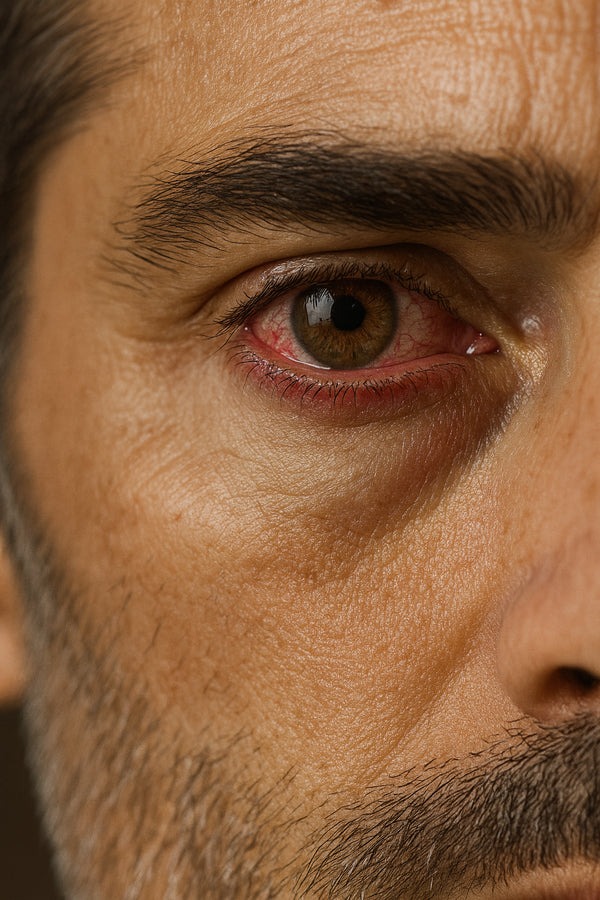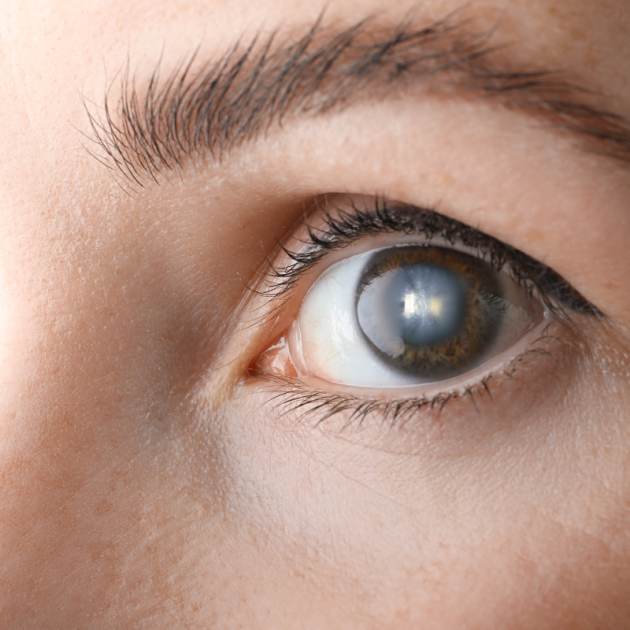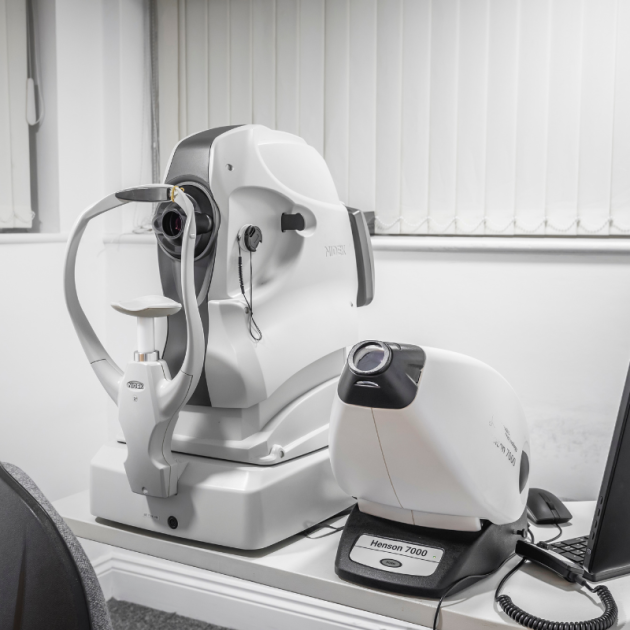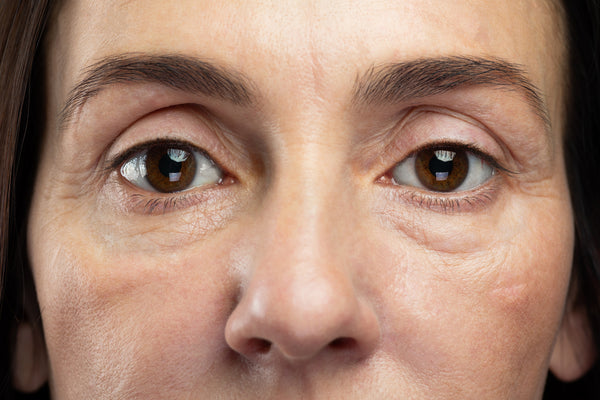
What is cloudy eyesight?
Cloudy eyesight or vision can often be confused with “blurry vision” but is actually very different. Rather than your eyesight looking blurred or unfocused, when your vision is cloudy, objects can have a milky appearance or as if you were looking through a clouded piece of glass. You may also experience colours looking dull, or you might also see halos around lights.
The severity will depend on the cause or how advanced the condition is and ranges from very minimal to severe and can have a negative impact on your quality of life.
Symptoms

Cloudy vision can be caused by a range of different conditions. The combination of symptoms will be different depending on the underlying cause, but can include:
- Dry eyes
- Watery eyes
- Blurred or double vision
- Halos around lights
- Sensitivity to light
- Impaired vision at night or in the dark
- Red or sore eyes, i.e., bloodshot eyes
When should I see my optometrist?
Having cloudy or slightly cloudy vision occasionally may not be anything to worry about. But you should see your optometrist if the cloudiness lasts for more than a day or two.
You should also see your optometrist if you have any of the following symptoms:
- Double vision (seeing two images of objects)
- Sudden eye pain
- Changes in your vision
- Severe eye pain
- A sudden headache
- A persistent gritty feeling in your eye.
- Seeing flashes of light

Causes
The most common cause of cloudy vision is cataracts. This is a very common sight problem mostly found in older people. They happen when the lens inside your eye loses its transparency. At first, they may be undetectable but as they progress and develop, you lose more and more of your sight, making the world look cloudy and unclear.
Most cataracts develop as you age which is why they are mainly in older people. However, cloudy vision can also be a result of changes in or damage to the cornea, (the clear part at the front of your eye) including infections or inflammations. Which can happen at any age.
Other causes of cloudy vision include:
- Cataracts – clouding of the eye’s lens.
- Eye infections – such as herpes, syphilis, tuberculosis, and toxoplasmosis can all cause sudden clouding on the eye.
- Corneal ulcer – a painful open sore on your cornea.
- Glaucoma – a condition where the optic nerve becomes damaged.
- Dry eye syndrome – a common condition in which your eyes stop producing tears of good enough quantity or quality.
- Trauma or injury to the eye – such as blunt eye trauma.
- Age-related macular degeneration – A deterioration of the retina as you get older.
- Retinal detachment – a serious condition where the retina detaches from the back of your eye.
- Diabetes – also known as diabetic retinopathy where the blood vessels supplying your retina become damaged.
- Eye floaters – happen when the gel inside your eyes deteriorates. Often not serious but become more common as you age.
- Medications – the side effects of some medications can cause cloudy or blurry vision.
Treatment

Cloudy vision can be a sign of multiple different underlying health conditions as well as a number of eye conditions. So it’s important to get a check-up from your optician if you are experiencing any of the symptoms that can be related to cloudiness. Your optometrist can use an OCT scan alongside a comprehensive eye examination to check your eye health in more detail, and determine whether your cloudy vision is a sign of something more serious.
Takeaway
Although having cloudy eyes occasionally might not be cause of concern, any cloudiness lasting longer than a few days can be an implication of something more serious. If you are experiencing any of the symptoms we mentioned above or are just concerned about your eye health and want to find out more, don’t hesitate to book an appointment with your local Leighton’s branch.







